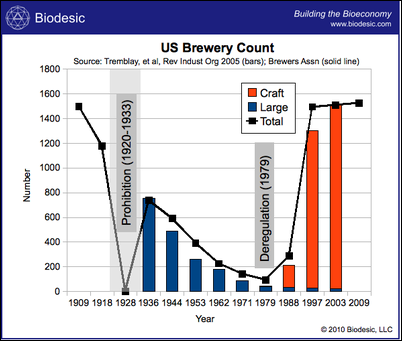In sp!ked, Tim Black explains why the term “Thatcherism” is not actually a useful descriptor of Margaret Thatcher’s political ideology, but it helps hide the weaknesses of her political and ideological foes:
… for many of those who today preen themselves as left-wing, the idea of Thatcher is arguably even more important. And that’s because she can be blamed for everything that is wrong today. She may have left office nearly a quarter of a century ago, but so potent was the ideology she apparently promulgated — Thatcherism — that we as a nation continue to be in thrall to it. As one prominent left-wing columnist stated yesterday: ‘Thatcherism lives on. Nothing to celebrate.’ Ex-London mayor ‘Red’ Ken Livingstone agreed: ‘In actual fact, every real problem we face today is the legacy of the fact she was fundamentally wrong.’
Elsewhere, Johnathan Freedland at the liberalish-leftish Guardian joined the Thatcherism Lives chorus: ‘The country we live in remains Thatcher’s Britain. We still live in the land Margaret built.’ At the much-reported-upon, little-attended street parties in Brixton and Glasgow, staged in ironic honour of Thatcher’s passing, the belief that her ideas still walk among us was palpable. In the words of one 28-year-old student: ‘It is important to remember that Thatcherism isn’t dead and it is important that people get out on the street and not allow the government to whitewash what she did.’
[. . .]
And here is where reality stops and myth begins. Because that’s not what the left saw. They saw something more ideological than brutally pragmatic. They saw, in the words of Marxism Today editor Martin Jacques in 1985, ‘a novel and exceptional force’. They saw, in short, Thatcherism.
Given the fact that Thatcher herself never had an actual ideological project to which ‘Thatcherism’ might actually refer, it is unsurprising that a recent book on the subject admitted that ‘talk of “Thatcherism” obscures as much as it reveals’. Instead, the idea of Thatcherism always revealed far more about the left than it did about some perpetually elusive right-wing ideology. That is why the concept, first used by academic Stuart Hall in 1979, gained intellectual traction on the left in 1983, the year Labour, under the leadership of Michael Foot, suffered a devastating defeat at the General Election: it shifted the responsibility for failure from the Labour Party, and its complicity with so-called Thatcherite economics, to the working class, a social constituency supposedly seduced away from the Labour Party by Thatcher’s advocacy of social mobility and aspiration. The idea of ‘Thatcherism’ let Labour off the hook.
So the legacy of Thatcherism may indeed live on, as some sunk on the left insist. But not because of anything Thatcher herself did. It will live on because too many are more comfortable attacking a phantasm from the past than reckoning with political reality today.




